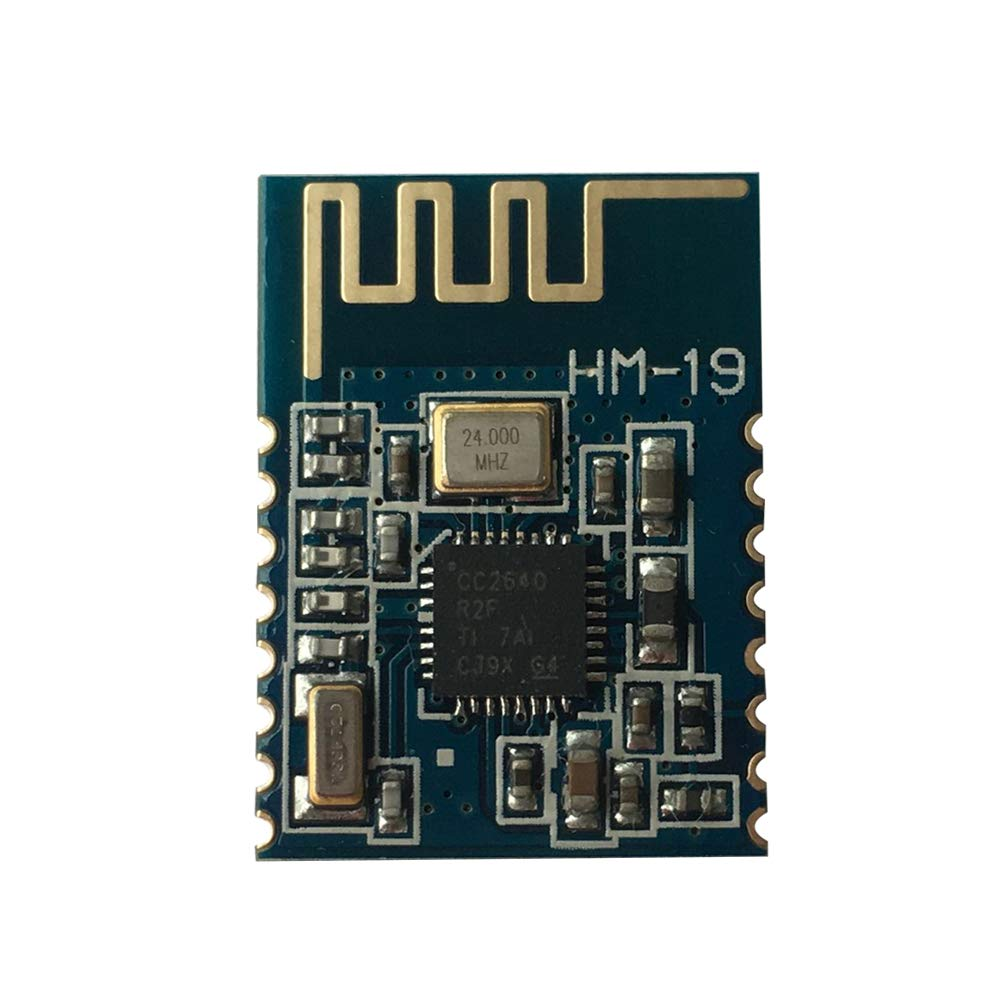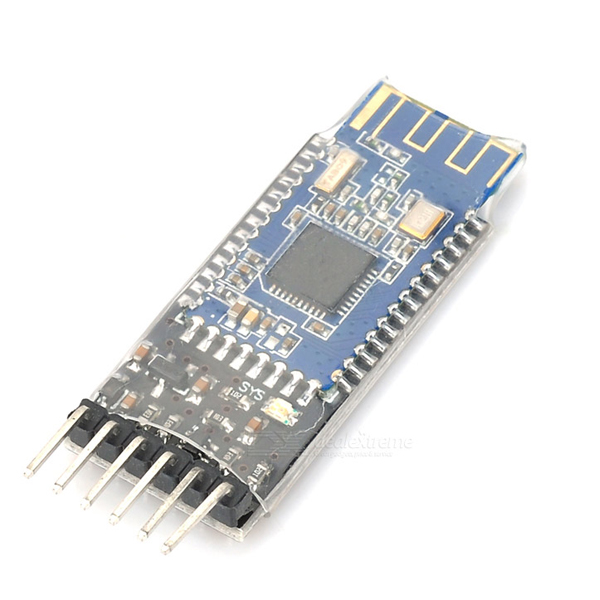The proximity marketing is a technique to promote the sale of products and services using bluetooth 5.0 ble module and mobile communication technologies. Furthermore, the expression "proximity marketing" is already about ten years old.

Generally, this technique finds application in various contexts. It applies from small and medium-sized local businesses (cinemas, clothing stores, shopping centers) to trade fairs, sporting and cultural events, and concerts.
Let's see together how marketing techniques and technologies have evolved in interacting with users.
The digital signage is a form of marketing that develops through digital panels on display in public places. Moreover, this technique is very popular and has evolved over the last few years. Today it comes to be able to interact also with users' smartphones that’s why bluetooth 5.0 ble modules are important.
Usually, in this type of proximity marketing, the interaction with the user takes place through the reading of QR codes present on images, videos and traditional signs. The QR code puts the individual in a position. It is to acquire information on a certain theme or topic. Similarly, it happens by contacting directly with those who sell the advertised product or service.
Beacons (in Italian “faro”) are devices based on bluetooth 5.0 ble module technology (Bluetooth Low Energy, or also BLE). They have a limited scope, but have countless advantages, among which we can mention the following:
Since having limited scope, they usually applied near the products on sale. And, consequently, they are able to send a message to the user that is very decent with respect to what he is observing;
Mapping
You can know the location of a subject inside a shop or shopping center.
Gamification
Using the game to create motivation and enthusiasm in users is common. Through this technology it is in fact possible to create for example treasure hunts inside a store. Moreover, we need to ensure the user is going to discover step by step the selected points of interest.
It is possible to take into account how many times a user looks at certain products (or visits a certain department) in a store, how much time he spends there and how the purchase is completed;
Through blue tooth 5.0 ble module, loyalty rewards can be sent to users, for example for completing purchases. User guides , thanks to the beacons it is possible to guide people through shopping malls, stadiums, airports and cities, like real guides.
The most popular beacon device currently is Apple's iBeacon, followed by Google's Eddystone. These devices make it possible to bypass the common problem of range of blue tooth technology by extending their range of action through a network of devices connected to each other.

A practical and very interesting example is that of the Bolzano Network as part of the "Beacon” project, a mapping of about 3500 blue tooth 5.0 ble module that create a network infrastructure covering more than 70 municipalities and that is made available to any local company wishing to develop ad hoc projects.
Another proximity marketing system based on blue tooth technology is BPM, or Bluetooth Proximity Marketing, which unlike beacon devices has numerous disadvantages, among which the most important is that of having to receive a confirmation from the smartphone of the connected user.
One of the main advantages of Beacons is the ability to customize the message to send to the user.
The owner of the blue tooth 5.0 ble module can create different types of messages differentiated according to the user-receiver.
This "obstacle" is overcome in the use of beacons. Moreover, the user generally authorizes the receipt of messages. Furthermore, he accepts to use a free Wi-Fi network within the sales area. Another obstacle that effectively rejects the BPM system is the excessive splitting of the blue tooth 5.0 ble module technology. These facts come according to the company that produces the various smartphones.
Apple, for example, blocks file transfer via blue tooth if specific apps are not common; Motorola's smartphones have a transmission limit of 30 seconds and, considering that normally blue tooth alerts are not instantly visible. Similarly, it is easy for them to expire before the user realizes that they have received one.
When it comes to proximity marketing, a crucial issue to address is the management of user privacy. Since May 2018, the new European legislation on the protection of personal data is active. It has introduced important innovations for citizens and businesses, with the aim of to increase the level of protection of personal data.
In proximity marketing systems based on blue tooth 5.0 ble module and / or other network protocols, we cannot ignore the role of manufacturer. This allows tracing the physical person who owns the device.
The question here becomes much more interesting as indoor technology gives us the ability to understand the position of users with centimeter accuracy. There are 3 main technologies to support real proximity marketing (indoor):
Let's start with the least performing as regards indoor technologies, Wi-Fi. Through the Wi-Fi network companies can provide a service to consumers by providing them with an internet connection. Moreover, thanks to this connection and the associated MAC address we can understand the position of customer with reasonable precision and customize ads based on their interests.
The main negative component of such a connection is that it requires authentication by the consumer in order to access the Wi-Fi network as well as blue tooth 5.0 ble module.
Very different is the NFC technology or Near Field Communication or short range communication, this technology is the evolution of RFID common above.
Copyrights© Shenzhen Skylab Co.,LTD All Rights Reserved.

